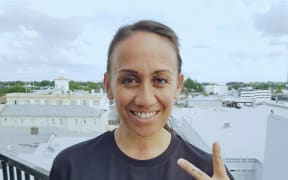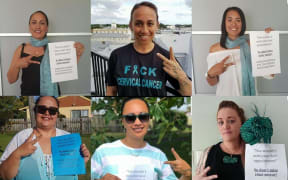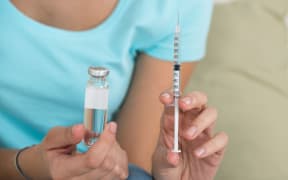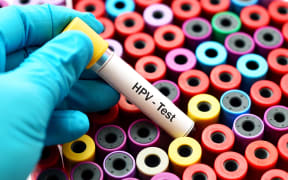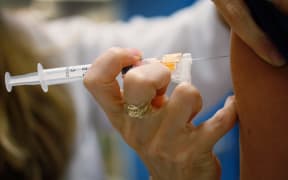Māori women between the ages of 25 and 44 are three times more likely to die from cervical cancer than Pākehā women in the same age bracket.
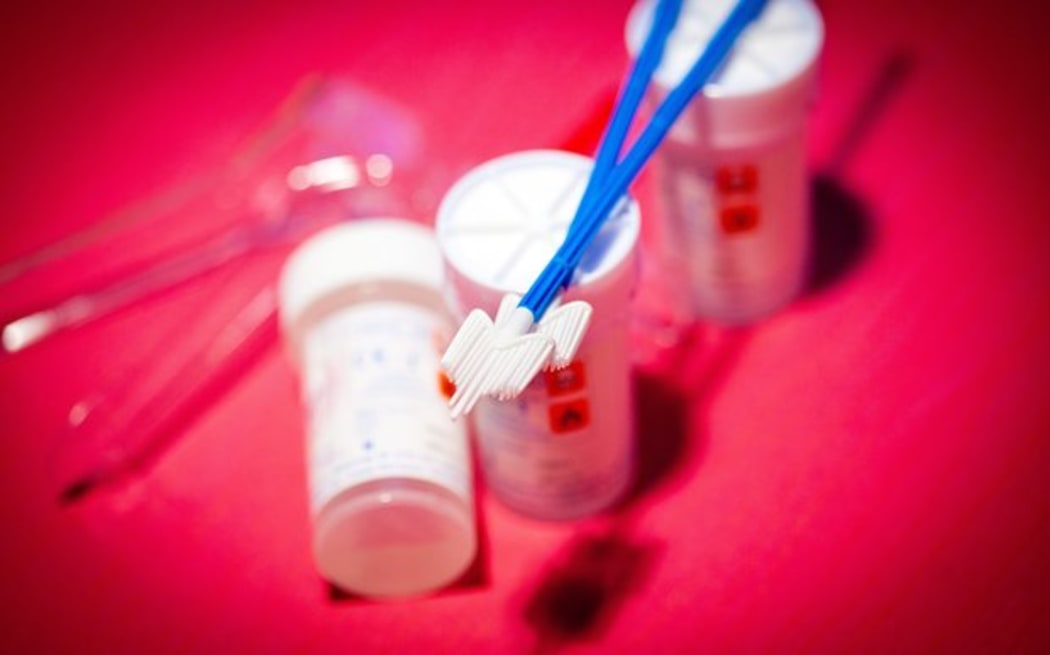
Photo: GARO / Phanie
And many Māori women do not get regular smears because they find it invasive and embarrassing, new research has found.
Victoria University researcher Anna Adcock co-led the study, which found Māori women would be more willing to use new technology that enables women to swab themselves in private.
"It's a big issue for Māori, and if we can offer HPV self-testing - this new technology that takes away those barriers of whakamā [embarrassment] and other barriers around lack of time, and cost - then lives will be saved."
The new technology was more effective at detecting warning signs of the cancer than common screening, and should be introduced in New Zealand as it had been in Australia, Ms Adcock said.
The findings were part of the Ministry of Health's National Cervical Screening Programme.
"Our findings suggest that, implemented in a flexible and culturally sensitive way, HPV self-testing could be very acceptable for Māori women who find current screening unacceptable," Ms Adcock said.
Most cervical cancers occur in women who have either not received screening or had infrequent screening. Research shows 34 percent of Māori women, compared with 21 percent of Pākehā women, do not attend regular screening.
The study looked at whether Māori women who had not been screened regularly would want to do the new self-test for the cancer-causing Human Papilloma Virus (HPV).
HPV screening is more effective at preventing cervical cancer than the smear test.
Waimirirangi Kopu-Stone said she didn't know where to begin when it came getting a smear test.
"I didn't really know where you get it done, and who does it, and I think just all that uncertainty kind of not freaked me out - made [me] a bit hesitant in going to get it."
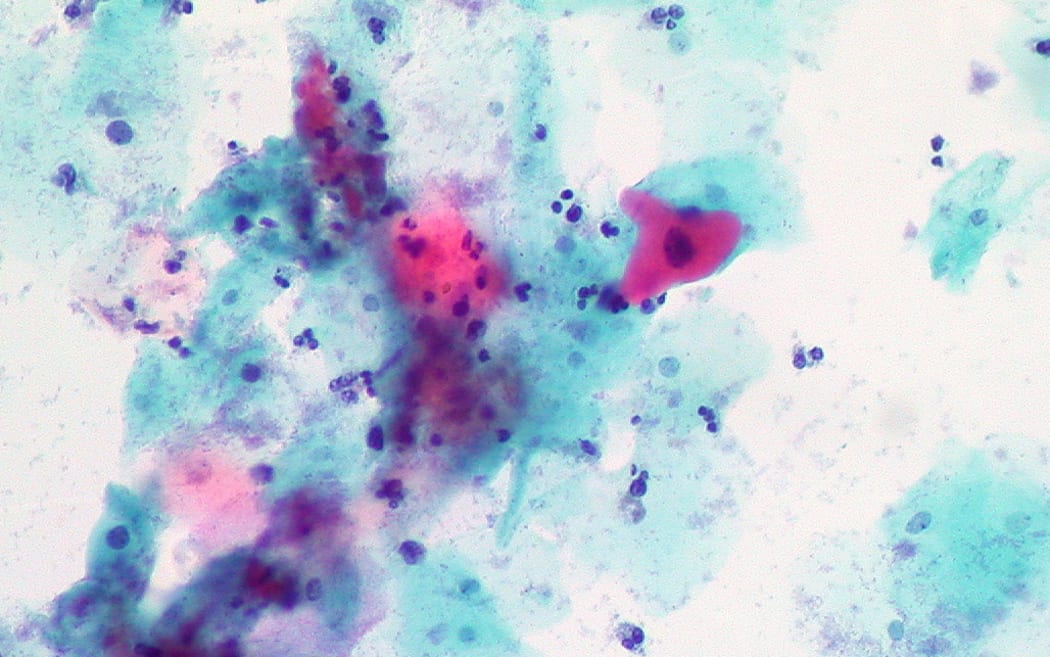
Cells from a smear test. Photo: Ed Uthman/Flickr
About 160 women are diagnosed with cervical cancer, and 50 die of the disease, every year in New Zealand.
Ms Kopu-Stone was eventually encouraged by her aunty Sandy Morrison to take the smear test.
And it wasn't as scary as she thought it would be.
"The whole procedure didn't event take that long. I thought it was going to be sore and it wasn't and it ended up being pretty all good," Ms Kopu-Stone said.
The study is part of ongoing work around the delayed rollout of the new cervical screening test, which detects the cancer-causing Human Papiloma Virus or HPV.
Self-screening could be introduced as an option as part of that.
Ms Adcock said it was a fairly simple test to do.
"It's a little nylon slot swab that a woman needs to insert her into vagina and swirl around a few times and then put into a dry tube and send it to the lab.
"It's much less invasive than a speculum (smear test)."
More than 500 Māori women took part in the research and Ms Adcock said there was a number of reasons why they hadn't had a smear test.
"Cost, transport and access issues and generally feeling uncomfortable with the speculum examination, so feeling whakamā ... [or] shy."
Sandy Morrison is the mother of Talei Morrison, who died from cervical cancer last year.
Before Talei died she started the Smear Your Mea social media campaign to encourage other women to get tested.
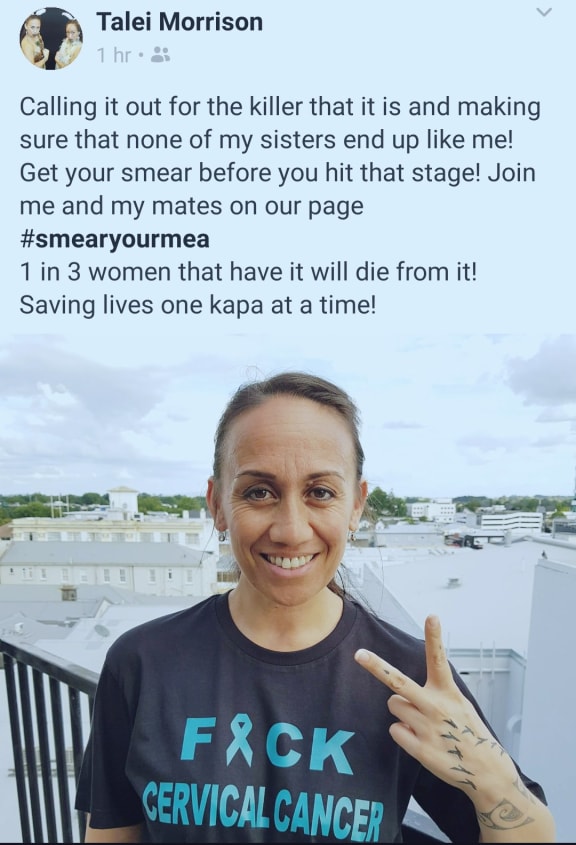
Photo: Supplied / Twitter
Sandy Morrison said if self-testing does become available women need to have the right information about it.
"After a self-test we don't want them to freeze and not do anything - that goes back to being part of a larger pathway towards good health and good success."
But Ms Morrison said more importantly cervical screening services need to reach women first.
"So you're at all of the sport's day - so you're at the waka and you're there with your vans to take the smears.
"I think there's a really really big message in take your services to the people, no matter where they are."
The government still hasn't decided when the new HPV screening test will be rolled out.

